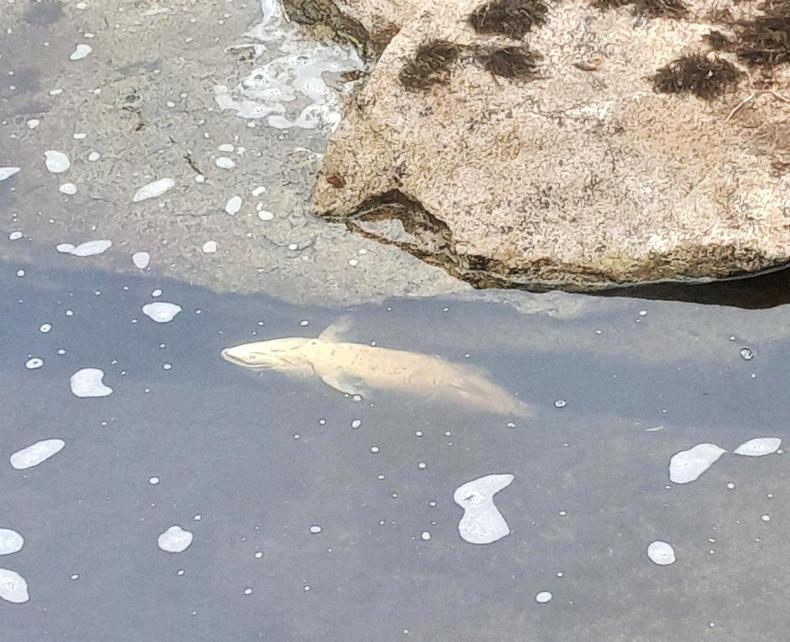The Canadian governmental department responsible for health has stood by its decision to reauthorise glyphosate following an evaluation in 2017.
In Canada all pesticides are required to be re-evaluated every 15 years for reauthorisation - which for glyphosate occurred last year. In the wake of this decision, Health Canada received eight objections.
It stated; “There have also been concerns raised publicly about the validity of some of the science around glyphosate in what is being referred to as the Monsanto Papers.”
The Monsanto Papers
These papers were used as evidence in a US court case where a jury found Round-Up, which is manufactured by Monsanto (now Bayer) and in which the main ingredient is glyphosate, had caused a groundskeeper's cancer.
Health Canada agreed to assess the information in these papers to determine “whether any of the issues raised would influence the results of the assessment and the associated regulatory decision”.
In a statement it said: “After a thorough scientific review, we have concluded that the concerns raised by the objectors could not be scientifically supported when considering the entire body of relevant data.
No doubt or concern
“The objections raised did not create doubt or concern regarding the scientific basis for the 2017 re-evaluation decision for glyphosate. Therefore, the department’s final decision will stand.”
Health Canada said to ensure unbiased assessment, the review was conducted by 20 scientists who were not involved in the 2017 re-evaluation. These scientists “left no stone unturned” and had access to all relevant data at the department’s disposal.
In concluding it said: “No pesticide regulatory authority in the world currently considers glyphosate to be a cancer risk to humans at the levels at which humans are currently exposed.
“We continue to monitor for new information related to glyphosate, including regulatory actions from other governments, and will take appropriate action if risks of concern to human health or the environment are identified.”
Read more
Science not populism must be to the fore of pesticide debate – McGuinness
Low pesticide exposure shows importance of protective equipment – study
The Canadian governmental department responsible for health has stood by its decision to reauthorise glyphosate following an evaluation in 2017.
In Canada all pesticides are required to be re-evaluated every 15 years for reauthorisation - which for glyphosate occurred last year. In the wake of this decision, Health Canada received eight objections.
It stated; “There have also been concerns raised publicly about the validity of some of the science around glyphosate in what is being referred to as the Monsanto Papers.”
The Monsanto Papers
These papers were used as evidence in a US court case where a jury found Round-Up, which is manufactured by Monsanto (now Bayer) and in which the main ingredient is glyphosate, had caused a groundskeeper's cancer.
Health Canada agreed to assess the information in these papers to determine “whether any of the issues raised would influence the results of the assessment and the associated regulatory decision”.
In a statement it said: “After a thorough scientific review, we have concluded that the concerns raised by the objectors could not be scientifically supported when considering the entire body of relevant data.
No doubt or concern
“The objections raised did not create doubt or concern regarding the scientific basis for the 2017 re-evaluation decision for glyphosate. Therefore, the department’s final decision will stand.”
Health Canada said to ensure unbiased assessment, the review was conducted by 20 scientists who were not involved in the 2017 re-evaluation. These scientists “left no stone unturned” and had access to all relevant data at the department’s disposal.
In concluding it said: “No pesticide regulatory authority in the world currently considers glyphosate to be a cancer risk to humans at the levels at which humans are currently exposed.
“We continue to monitor for new information related to glyphosate, including regulatory actions from other governments, and will take appropriate action if risks of concern to human health or the environment are identified.”
Read more
Science not populism must be to the fore of pesticide debate – McGuinness
Low pesticide exposure shows importance of protective equipment – study









SHARING OPTIONS